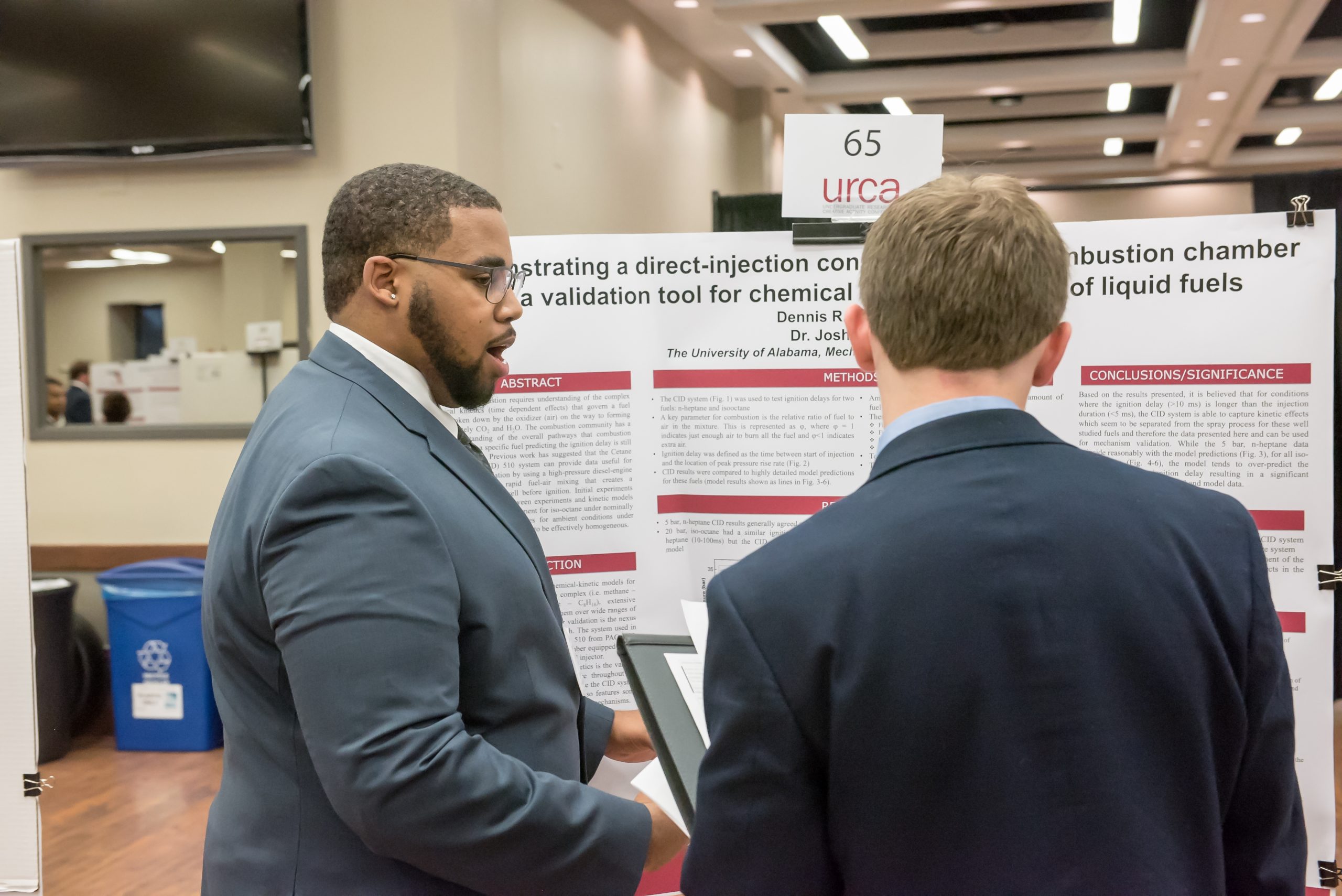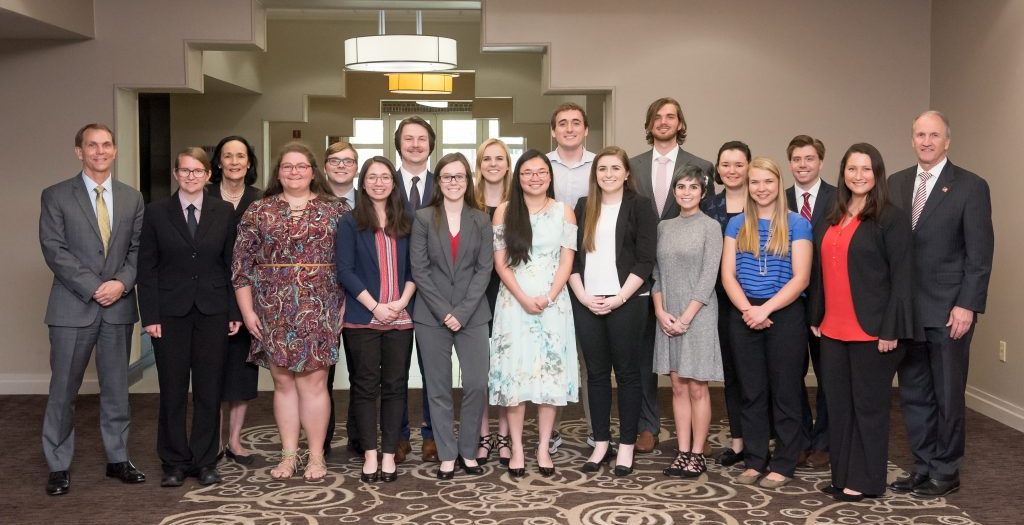Dr. Christopher S. Brazel
Associate Professor, Department Honors Program Coordinator
Contact
- 3472 SEC
- phone (205) 348-9738
- fax (205) 348-7558
Education
Ph.D., Chemical Engineering, Purdue University, 1997
M.S., Chemical Engineering, Purdue University, 1994
B.S., Chemical Engineering, Texas A&M University, 1992
Dr. Chris Brazel’s research interests are in polymer science and pharmaceutical engineering. Research projects investigate the transport behavior of solvents and model solutes in hydrogel structures for use in membrane separations, controlled drug delivery and controlled release technology. “Smart” materials are used to sense environmental conditions, such as pH, temperature or specific biomolecular events to trigger conformational changes in a polymeric carrier.
Recent work has focused on the combination of magnetic nanoparticles with polymeric carriers, including micelles and hydrogels, with drug delivery triggered by a high frequency magnetic field. The optimization of heating nanoparticles involves judicious selection of elemental composition of the magnetic nanoparticle as well as its size, concentration and dispersion quality. Using a custom-designed magnetic field generator, we can investigate the performance of nanoparticles in a range of magnetic field strengths and frequencies, with maximum heating desired so that smaller concentrations of nanoparticles can be used. Magnetic hyperthermia combined with localized chemotherapy has potential to improve cancer therapy, particularly when targeted to cancer cell.
Brazel’s lab also studies the toxicology of materials, often as initial screenings for newly-developed polymers. Recent work has expanded to include extracts and metabolites from single-use bioprocessing systems, with the goal of developing a standard procedure to evaluate the effect of these extractables on the performance of mammalian cells used in biopharmaceutical production.
Along these lines, the Brazel lab is also interested in the development of flexible polymers with superior thermal stability and low plasticizer leach-ability for use in long lifespan products and systems sensitive to extracts, such as biopharmaceuticals. Microencapsulation is another area of research interest, including such processes as spray drying, emulsion polymerization and fluid-bed coating.
Affiliated Areas
Chemical and Biological Engineering
Selected Publications
- Shah, R.R.,R. Dombrowsky, A.L. Paulson, M.P. Johnson, D.E. Nikles and C.S. Brazel, “Optimizing Magnetic Heating and Elucidating Local Nanoparticle Temperature Profiles for Application in an Agar Gel-based Tumor Model,” ACS Spring Meeting, San Diego, CA, March 2016.
- Shah, R.R.,W. Linville, L. Yordy, J. Briggs, N. Chandarana, A. Whynot, and C.S. Brazel, “Evaluating the Cytotoxicity of Antioxidant and Plasticizer Additives used in Single-use Cell Culture Bags,” ACS Spring Meeting, San Diego, CA, March 2016.
- Shah, R.R., A.R. Dombrowsky, A.L. Paulson, M.P. Johnson, D.E. Nikles, and C.S. Brazel, “Determining iron oxide nanoparticle heating efficiency and elucidating local nanoparticle temperature for application in agarose gel-based tumor model,” Materials Science and Engineering C, 68 (2016) 18-29. NIHMS 791098.
- Shah, R.R., T.W. Linville, A. Whynot and C.S. Brazel, “Evaluating the toxicity of bDtBPP on CHO-K1 cells for testing of single-use bioprocessing systems considering media selection, cell culture volume, mixing, and exposure duration,” Progress, 32 (2016) 1318-1323.
- Brazel, C.S., “Nanomagnets and Polymers: Design of Vehicles for Medical Theranostics,” AIChE, Annual Meeting, Invited Plenary Talk, Salt Lake City, UT, November 2015.
Awards and Honors
- Fulbright Distinguished Scholar to the United Kingdom, 2008-2009
- UA Outstanding Commitment to Teaching Award, 2008
- Omega Chi Epsilon Outstanding ChE Professor Award, 2015
- Tau Beta Pi College of Engineering Award, 2007, 2011
Dr. Brazel's Impact

UA Engineering Alumni Honor 2021 Outstanding Senior
Emma Sanders, who studied chemical engineering at The University of Alabama, received the 2021 Capstone Engineering Society Outstanding Senior Award. A student in the Honors College with a premedical concentration...

Winners in Undergraduate Research & Creative Activity Conference
The conference is a premier annual event, giving undergraduates the chance to highlight their research or creative activity.

UA Recognizes Undergrad Randall Research Award Winners
The Randall Outstanding Undergraduate Research Award Program recognizes and celebrates the best research activity conducted by undergraduate students at The University of Alabama.
